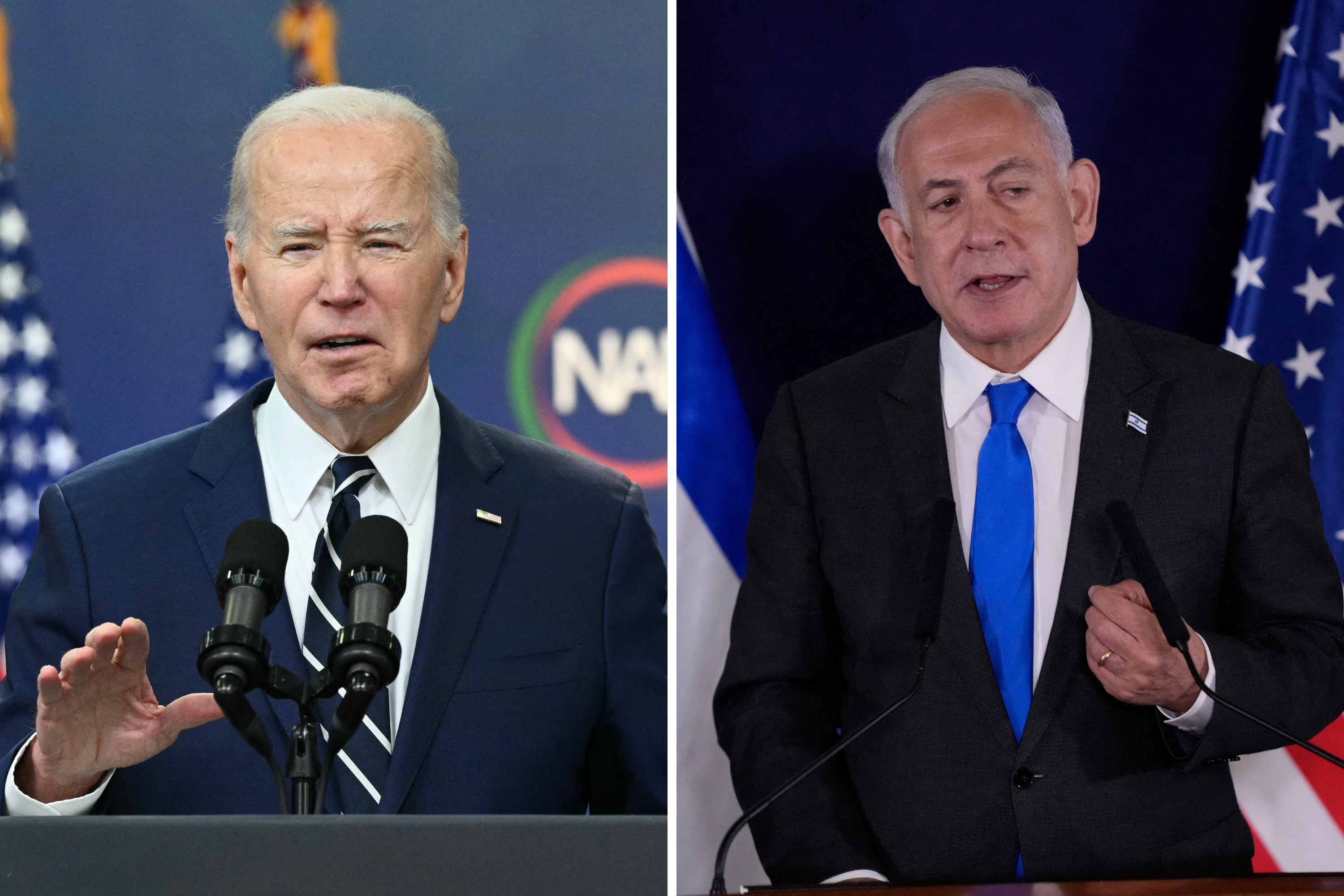Scientists are racing to develop a new vaccine to prevent the spread of a mysterious novel coronavirus that has killed 213 people. However, a shot could still be years away and likely won't make a dent on the current outbreak, experts have told Newsweek.
Since workers at a seafood market started falling ill with the virus, dubbed 2019-nCoV, late last year, experts have been trying to piece together everything from where the bug originated to how it is spread, as well as finding ways to prevent and treat it.
Projects to develop a vaccine, which are part of that process, have launched across the world at research institutions in the U.S., U.K., China, Belgium, Germany, Russia and Australia, as well as biotech companies such as Inovio, Moderna and the pharmaceutical giant Johnson and Johnson.
In the U.S., a new research group of the National Institutes of Health's National Institute of Allergy and Infectious Diseases hopes to break the agency's record for developing a vaccine with its plan to have a preparation tested in humans within three months, its director Anthony Fauci said last week.
"I told them, 'you are going to have your baptism of fire, folks'," Fauci joked during his first speech to the group, Reuters reported.
But, as evidenced by the fact that there are still no vaccines for fellow coronavirus family members Severe acute respiratory syndrome (SARS) and Middle East respiratory syndrome-related coronavirus (MERS) which emerged in 2002 and 2012, respectively, creating vaccines can take time. The Ebola jab, for instance, took 20 years.
Professor Brenda Hogue of the Biodesign Institute Center for Immunotherapy, Vaccines and Virotherapy at Arizona State University told Newsweek: "It normally takes years to develop a vaccine and bring it to the point that it is approved for use in humans.
"However, a significant amount of work has already been done toward the development of vaccines against the SARS and MERS coronaviruses. This should help guide and expedite the development of vaccines against 2019-nCoV."
Amesh Adalja, a senior scholar at Johns Hopkins Center for Health Security, told Newsweek: "We should not expect a vaccine to have a major impact on this outbreak," but attempts to accelerate the process mean he believes it is possible that phase I clinical trials could indeed start "in a matter of months."
Dr. Peter Jay Hotez, dean of the National School of Tropical Medicine at Baylor College of Medicine in Houston, who is currently working on a coronavirus vaccine, told Newsweek he hopes the process will be relatively straightforward, with safety tests presenting the biggest hurdle.
Vaccines work by taking an, or parts of, an infectious agent and putting it inside the body. This stimulates the immune system so it learns how to fight off the pathogen, but without harming the individual.
To create a vaccine, scientists must first find the right target that elicits an immune response to protect against infection, Hogue explained.
"Once a potential vaccine platform is identified, it goes into research and development. After meeting safety, quality and efficacy requirements the vaccine goes into pre-clinical studies that include testing in animal models before moving onto clinical trials that generally consists of four phases, with testing in humans, to further assess safety and assessment of effectiveness and dosage requirements," she said.
And as 2019-nCoV, along with SARS and MERS, marks the third coronavirus outbreak in two decades, scientists like Hotez are also looking to develop a vaccine that could protect against all six known members of this family of pathogens that can affect humans.
However, Adalja said: "It may be possible to make a universal coronavirus vaccine if a common target can be found but I think the thrust will first be to make one targeted against 2019-nCoV."
And as we still know so little about the new bug, who will get there first for a vaccine against 2019-nCoV alone or its whole family, the experts agree, is anyone's guess.

Uncommon Knowledge
Newsweek is committed to challenging conventional wisdom and finding connections in the search for common ground.
Newsweek is committed to challenging conventional wisdom and finding connections in the search for common ground.
About the writer
Kashmira Gander is Deputy Science Editor at Newsweek. Her interests include health, gender, LGBTQIA+ issues, human rights, subcultures, music, and lifestyle. Her ... Read more
To read how Newsweek uses AI as a newsroom tool, Click here.






